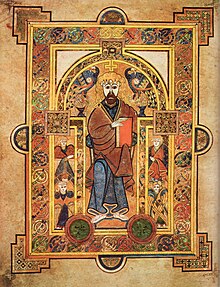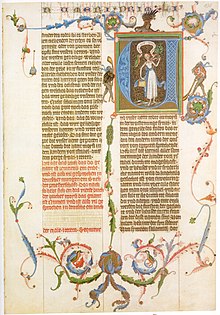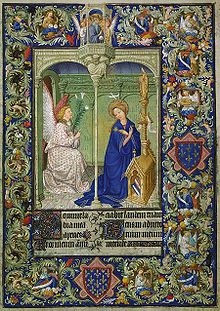User:Johnbod/Byzantine dress
Libraries - JSTOR Smaller museums - Culture 24. Volunteers At the moment we are concentrating effort on the small group big London museums which already have huge websites - which of course makes writing articles easier. As soon as you leave London, even to Edinburgh, Cardiff or Manchester, existing web coverage falls off a cliff, and presumably in the current climate expansion is likely to be slow. It was notable that few such museums were represented at GLAM-WIKI. They might be keener to use WP, and also small museums might be easier to deal with as they don't have the strong departmental boundaries of the BM or V&A. Culture24 seem keen & could be a good bridge to this group.
Theoxenia is the Ancient Greek word for giving hospitality to gods, usually in the form of food. Xenia is hospitality in general, an important obligation and source of prestige in Ancient Greece. When gods were involved, the risks and rewards of hospitality substantially increased. Ancient Greek mythology contains several stories of humans entertaining gods, some aware and some unaware of their guest's identity. Not all such occasions passed off well. There were also a number of rituals of theoxenia in Ancient Greek religion, where meals were served to gods, sometimes represented by statues, and sometimes with humans also partaking.
In mythology and literature[edit]
The mythical king Tantalus was a son of Zeus by a nymph, and on dining terms with the gods of Mount Olympus, but not only did he steal ambrosia when he dined there, but at the return dinner he hosted on earth, he served up his own son Pelops. Unlike his queen Demeter, who ate Pelops' shoulder, the gods realized what had been served to them. Tantalus was confined to Tartarus, but Pelops resurrected. Another mythical king, Lykaon, also served his son to Zeus, and was punished by being turned into a wolf.
As well as Zeus, often intent on seduction rather than food, Dionysus was especially given to visiting the human world, as in The Bacchae by Euripedes and other stories.
In Homer's Odyssey (17:483-7) Antinous insults Odysseus, who has returned to his house in disguise as a beggar, and is rebuked: "Antinous, you did ill in striking that poor wretch of a tramp: it will be worse for you if he should turn out to be some god- and we know the gods go about disguised in all sorts of ways as people from foreign countries, and travel about the world to see who do amiss and who righteously."[1]
Baucis and Philemon appear to have been invented by Ovid. They are a simple married couple who offer hospitality to to Jupiter and Mercury in disguise, and are richly rewarded.
Religious rituals[edit]
Theoxenia took the form of actual meals on a table, with chairs or couches, contrasting with the regular thysia or ritual sacrifice of food on an altar. Some rituals were regular festivals. Pindar wrote an ode for the Theoxenia of Delphi, where gods and ambassadors from all over the Greek world were entertained; here the meat was first sacrificed by thysia before appearing on the table, probably with much additional food. In recognition of the cravings for onions of Leto duriung her pregnancy with Apollo and Artemis, whoever brought the largest onion to the feast was allowed meat from the gods' table.[2] At Delphi]] the "Theophania" (Θεοφάνια) was an annual festival in spring celebrating the return of Apollo from his winter quarters in Hyperborea; the Theoxenia came in the following month, which was named after the festival locally, as Apollo entertained other gods and those humans able to get seats - evidently the subject of great competition. Pilgrims brought animals to be sacrificed for the feast, but these were snatched away by the locals who crowded the sanctuary with knives at the ready.[3]
LA |thumb
Insular:







visi/viking
carol

otto

Romanesque:

Gothic


- ^ Samuel Butler translation, see Weaver, 34-35
- ^ Kowalzig, 188-190
- ^ Kowalzig, 190-193
